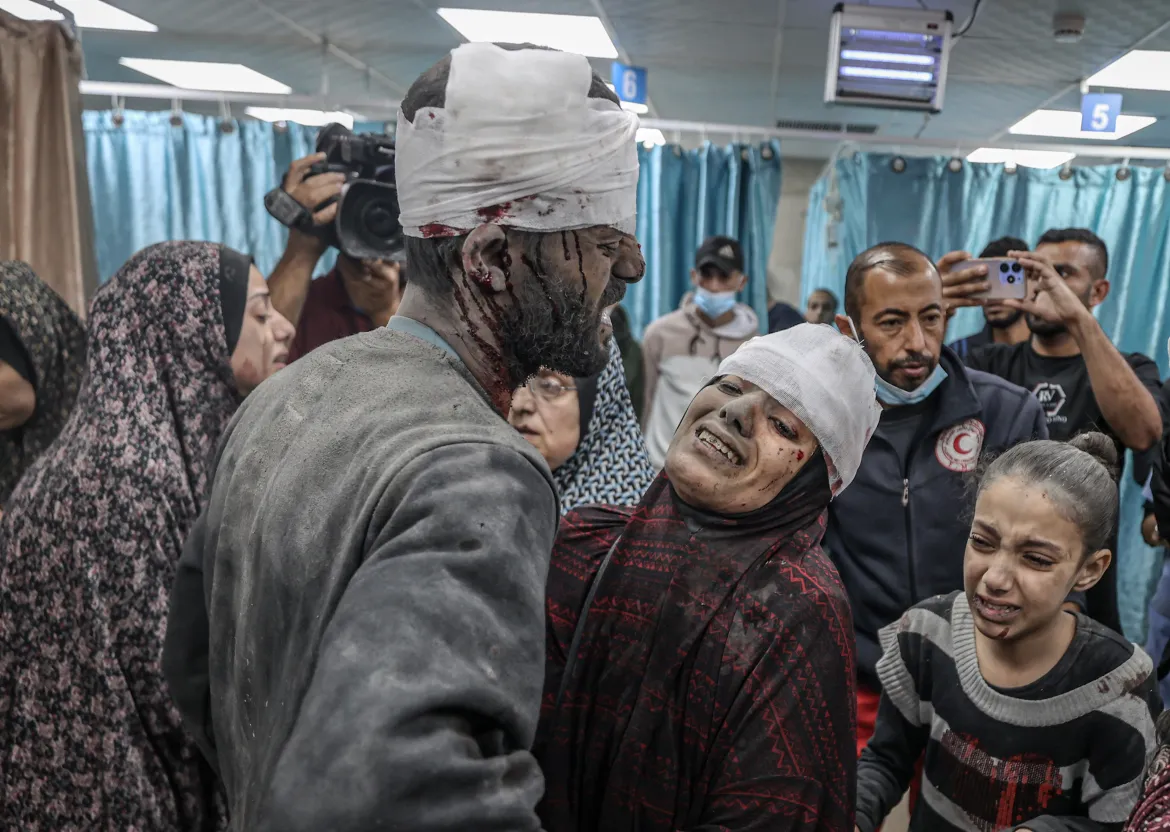Almost a year to the day since French-Algerian writer Boualem Sansal was arrested on arrival at Algiers airport, the Algerian presidency has granted him a pardon and allowed him to leave the country.
Sansal, 81, has been at the center of a bitter diplomatic row between Paris and Algiers and President Abdelmadjid Tebboune's decision came in response to a direct approach from German President Frank-Walter Steinmeier.
The writer was said to be en route to Germany on a military plane on Wednesday evening, and his release was met with widespread relief.
French President Emmanuel Macron, who spoke to Sansal by phone, said France had used respect and calm to bring about his freedom.
I thank President Tebboune for this act of humanity, said Macron.
Although Paris had for months sought to lower tensions with Algeria, it was the German president's role that secured Sansal's release because of his good relations with Algeria's leader.
Élysée Palace sources told French media that Frank-Walter Steinmeier had acted as a trusted third party rather than just a mediator.
Steinmeier said this week he had asked President Tebboune to pardon Sansal, given his advanced age and fragile health, so the writer could receive medical treatment in Germany.
Tebboune said on Wednesday he had decided to respond favorably to Steinmeier's request because of its nature and humanitarian motives.
Sansal is being treated for prostate cancer.
He was given a five-year jail sentence in July for undermining national unity with remarks that questioned Algeria's borders.
The novelist has long been a critic of Algeria's government, which had not responded favorably to France's appeal for clemency.
Relations had already been on the slide after President Macron announced France was recognizing Moroccan sovereignty of Western Sahara and backed a plan for limited autonomy for the disputed territory.
Algeria backs the pro-independence Polisario Front in Western Sahara and is seen as its main ally.
The crisis between the two countries was seen as unprecedented in more than 60 years since Algeria secured independence from France in 1962.
Tensions remain, however, as seen with the recent jailing of French sportswriter Christophe Gleizes for attempting to interview a member of a movement deemed a terrorist group by Algeria. French Foreign Minister Jean-Noël Barrot has praised the diplomatic efforts and remains hopeful about Gleizes' release.



















